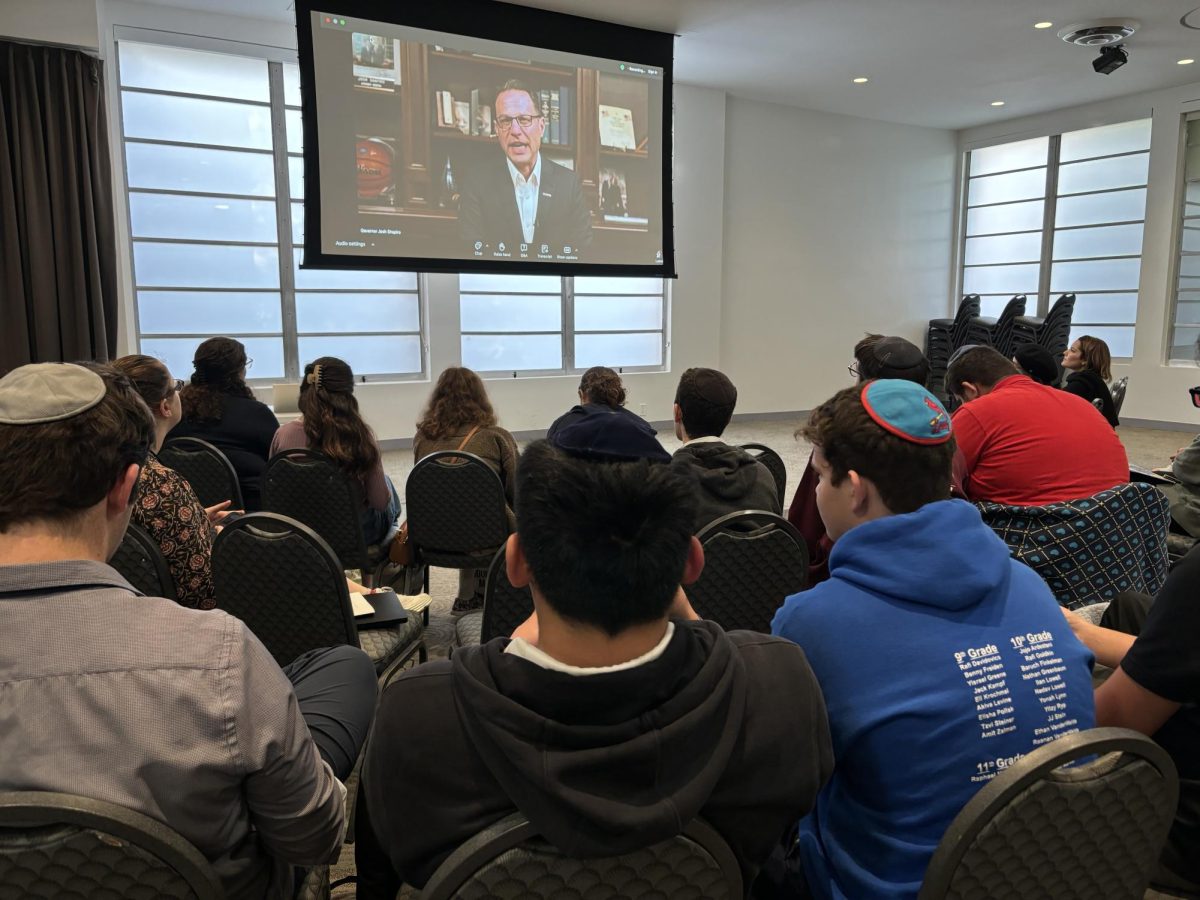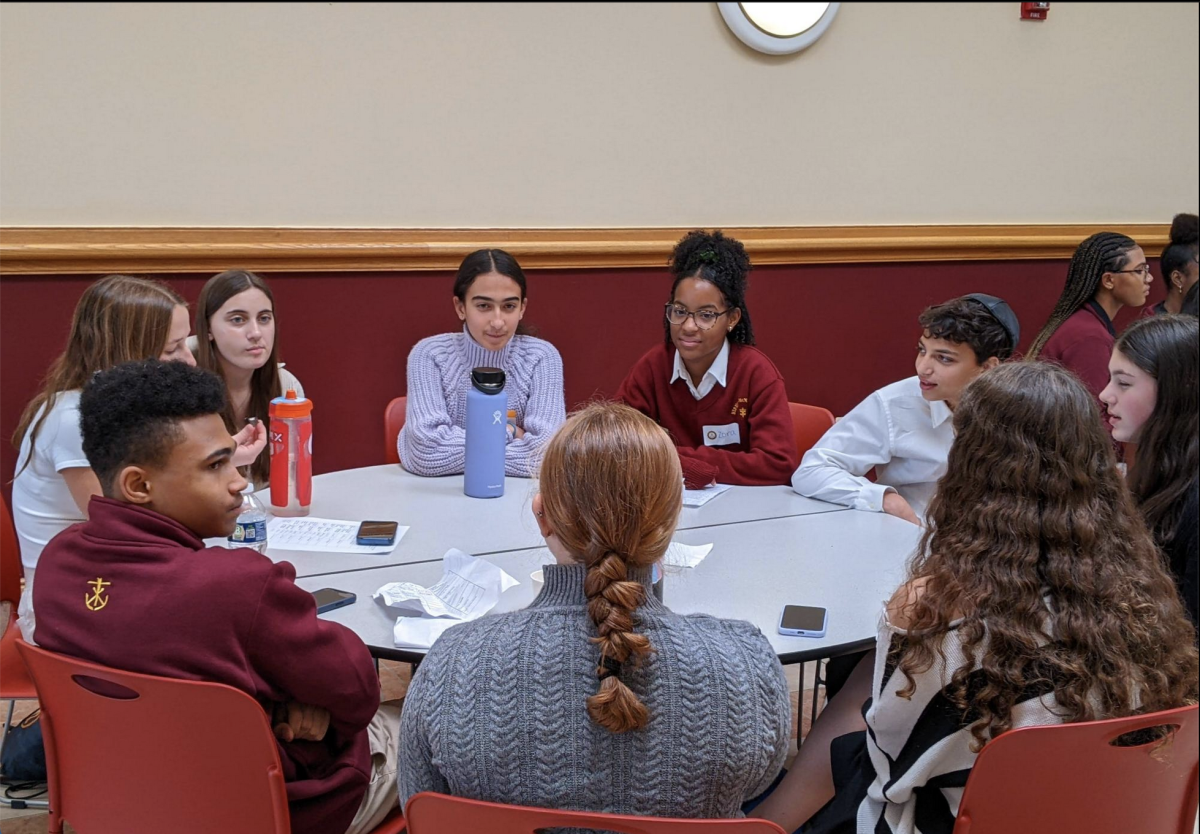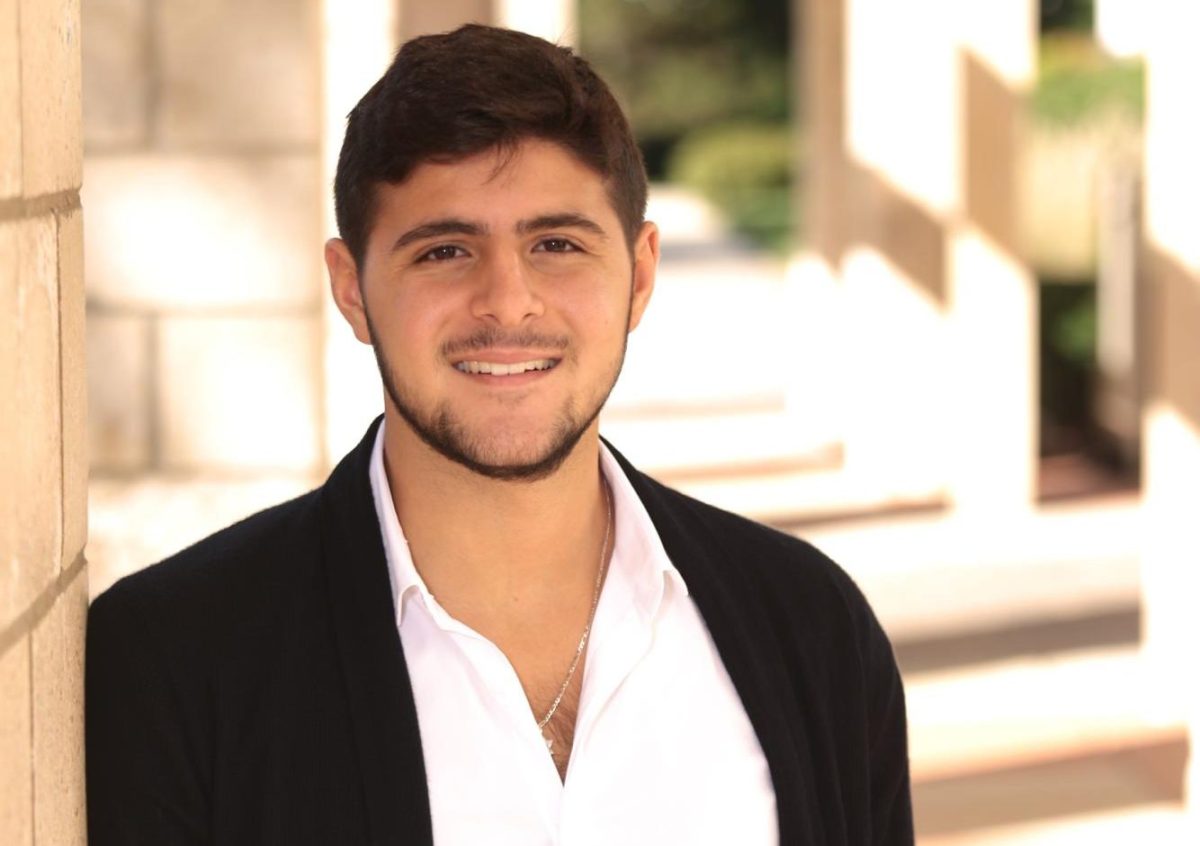A series of open letters rocked the CESJDS community in mid-December. The first, critical of Israel during its war with Hamas and the school’s approach to Israel education, was quickly followed by two response letters expressing support for the school and for Israel.
On Dec. 12, a group of CESJDS alumni published an “Open Letter to the Charles E. Smith Jewish Day School Community” aiming to address the ongoing Israel-Hamas war and express their criticism of Israel as well as JDS’ approach to Israel education.
Alumna Rachel Milner (‘11) was one of seven “Open Letter” organizers; the others preferred not to be named. They expressed that the group has been meeting over Zoom for nearly two months with the intention of building a community of people who feel safe sharing their feelings with one another and later releasing a letter to the wider community.
“This letter is a summative project of many hearts and minds and trying to be as open and widespread to as many folks who might be feeling questioning or alone right now,” Milner said.
Milner expressed that the response from the JDS community was “not surprising” and that they expected people to become “engaged” in the conversation sparked by the “Open Letter.”
“That [the response letters] has definitely not been surprising to us or feeling fear has definitely not encouraged us to stop,” Milner said. “From my experience, reading the counter letters and seeing the signatures has just made me, and I think I can speak for the group here, even more committed to the words and the community that is starting to form around our letter.”
As hundreds of community members read the “Open Letter” and over 130 community members signed it, multiple alumni drafted responses and published two opposing letters merely a few days later. On Dec. 16, the response letters were published in support of Israel during its fight against Hamas while simultaneously criticizing the “Open Letter.”
After reading the “Open Letter,” alumnus Ben Shemony (‘14) felt extremely motivated to respond. Shemony felt that the “Open Letter” was attempting to represent the majority of the JDS community in its statements but said the reality of the majority opinion was quite the opposite. He expressed immense “disbelief” that any JDS graduate would produce a letter with such “falsehoods.”
Shemony’s letter, entitled “Response to “Community Open Letter,” was edited by Dean Shilo (‘14) and other alumni who preferred not to be named. The content consisted of a pro-Israel stance that condemned the use of words such as “apartheid,” “colonialism” and “genocide” that the “initial Open Letter” used to describe Israel’s character and actions toward Gaza. As of Dec. 22, the letter has close to 1,000 signatures from alumni, current students, faculty and members of the community.
“Especially with what’s been going on in the past few months, there’s been so much falsehoods and misinformation and I felt that the original letter propagated a lot of that,” Shemony said. “So it was important to me to challenge that… I didn’t want people thinking that [the “Open Letter”] represented the majority of JDS alumni or the majority of Jews.”
Junior Sam Verschleisser is one of two current JDS high school students to have signed the “Open Letter.” Verschleisser said that he chose to sign the letter because he not only agreed with the sentiment of it but thought the tone was much more appropriate and “kind” than the “Response Letter.” Verschleisser said that the majority of the reason he felt the need to sign the “Open Letter” was in direct response to the inflammatory tone of the “Response Letter.”
“I think [the “Open Letter”] was just some people trying to make sure their friends felt comfortable and supported and to try and make it known that people in this community have different opinions and it’s okay that they have different opinions,” Verschleisser said. “…It’s the assertion that many members of the community feel this way because it’s known that the majority of the opinion is in a different direction.”
After the publication of all three letters, Head of School Rabbi Mitch Malkus and Board of Directors President Ayala Nuriely-Kimel released a statement on Dec. 18 on behalf of the school. The message expressed that JDS is extremely committed to the value of Ahavat Yisrael (love of Israel) while being dedicated to teaching a dual-narrative approach. The letter also expressed that the school values civil discourse and pluralistic opinions but does not stand for “denigrat[ing]” others.
Upon reflection about the letters, Malkus said that he felt both letters were “declarative” and did not serve the purpose of prompting helpful discussion. He said that while JDS is a pluralistic school and has a population with a “tremendous” range of opinions, the “Open Letter” did not align with the core values of the school.
“I believe the authors of the first letter had a plan, and their plan was to get media attention. So they wrote their letter in order to provoke a response, which they knew would happen,” Malkus said. “Our alumni did respond and then, of course, the school needed to respond and needed to correct the record since the alumni all know that JDS teaches a dual narrative approach and introduces multiple perspectives when we teach the Arab-Israeli Conflict. The real goal was not about whether or not their claims were correct or not; their real goal was about getting media attention.”
Jewish History Department Chair Dr. Dan Rosenthal said that despite being a Zionist school, JDS is extremely committed to presenting a dual-narrative approach in their Israel education courses. This means that presenting both Palestinian and Israeli opinions of the conflict “side-by-side” is a very important part of those classes. Malkus also added that JDS implemented the dual-narrative approach in 2005.
“The Israel curriculum is a bit different from the way we approach Israel in other areas of the school in that we approach it through an academic lens…” Rosenthal said. “We do our best to provide as comprehensive an understanding of these narratives and to bring in voices that speak to these narratives.”
According to Malkus, all of the letters created an appearance that the JDS community is extremely divided, but he thinks that there is a much stronger community than these messages represent. He also added that during these times, being a unified front is more important than ever.
“It’s fine to disagree with someone, but we should do it in an ethical way and respect everyone,” Malkus said. “I actually believe that there’s a lot more unity in our school than you could see in those letters and I wanted to move beyond what I believe the purpose of those letters were.”
This story appeared in the CESJDS Lion’s Tale on Dec. 25, 2023.


















